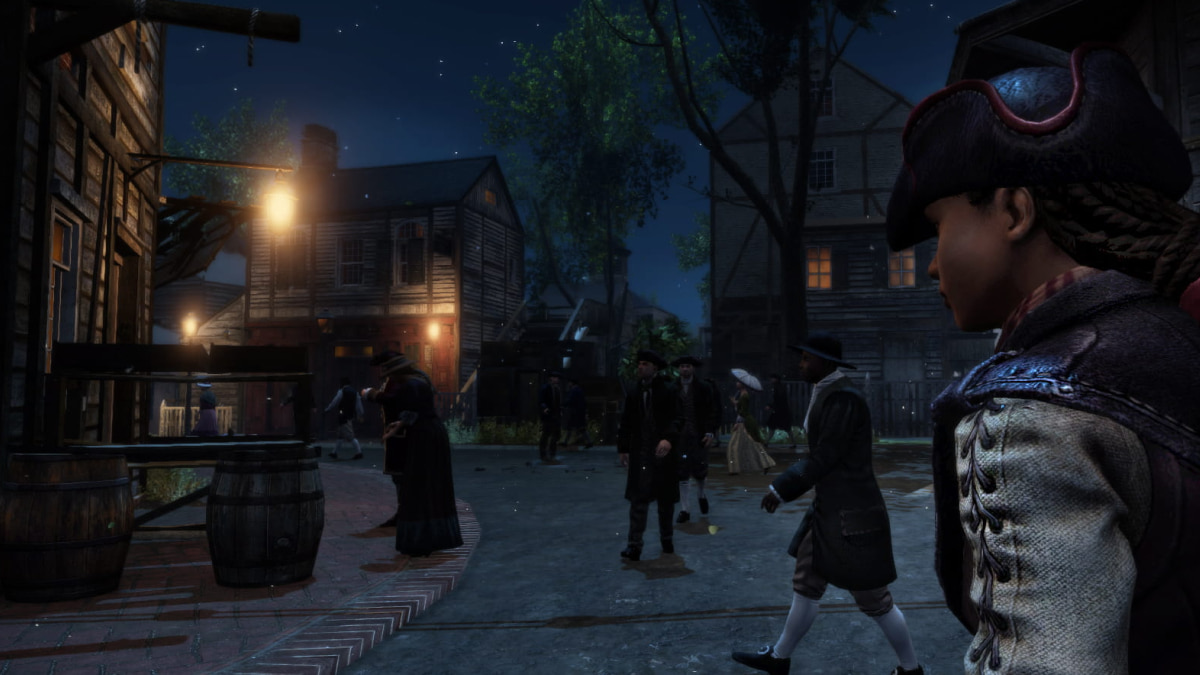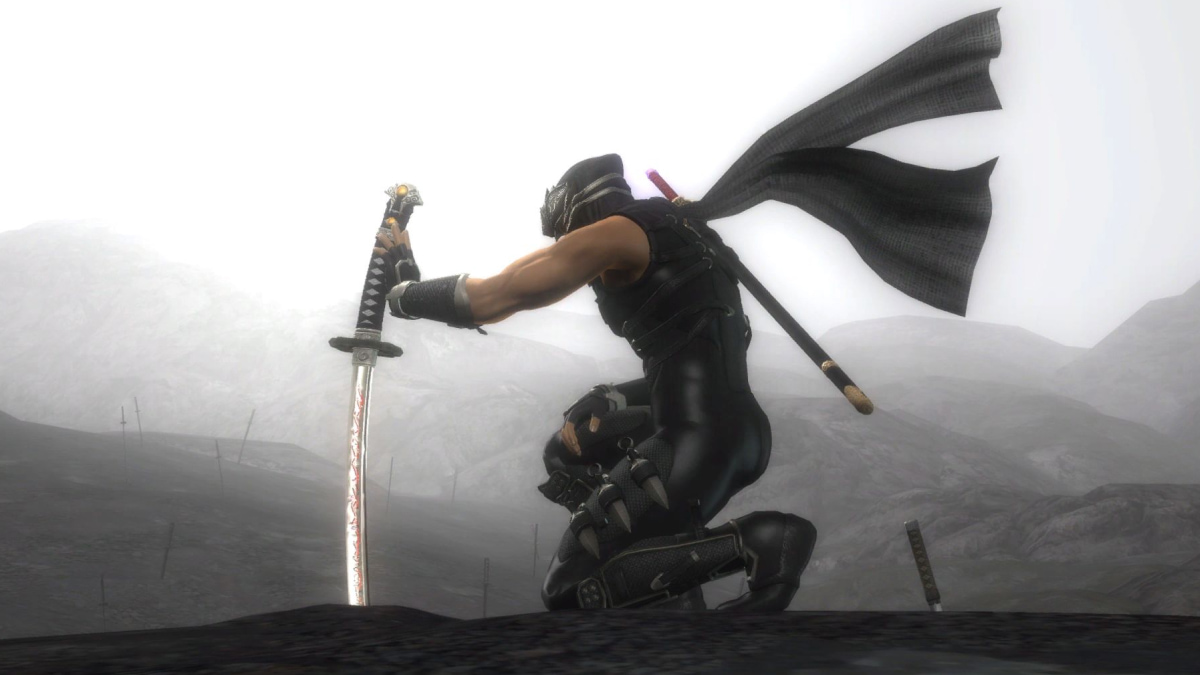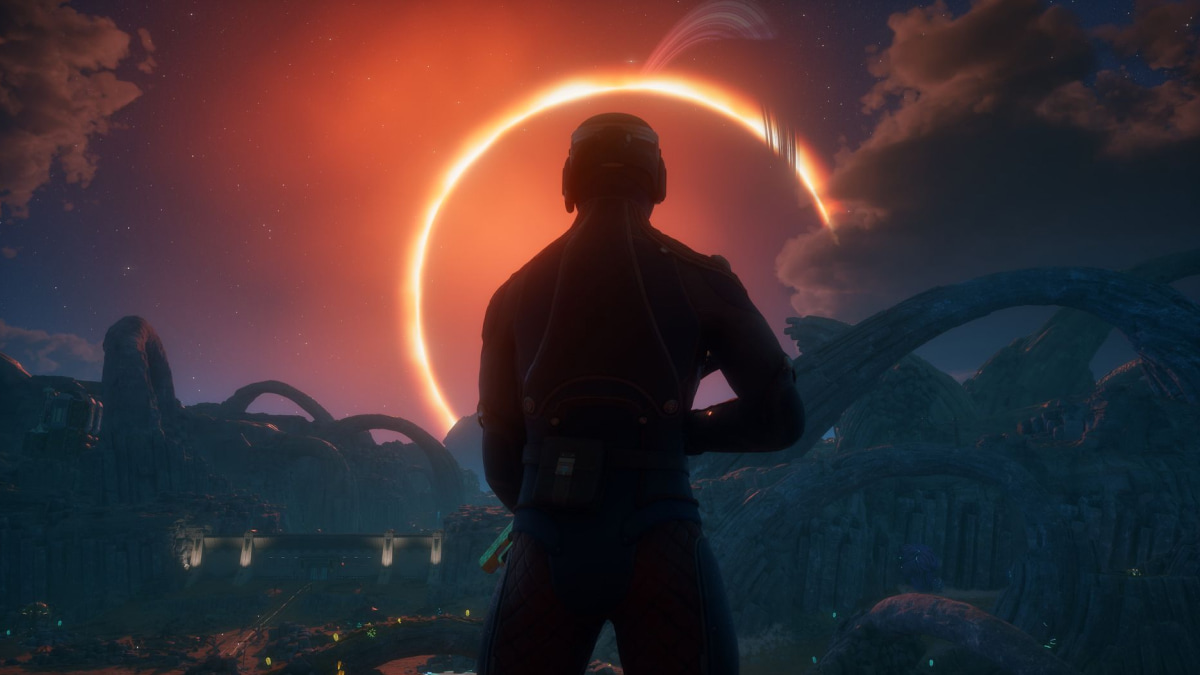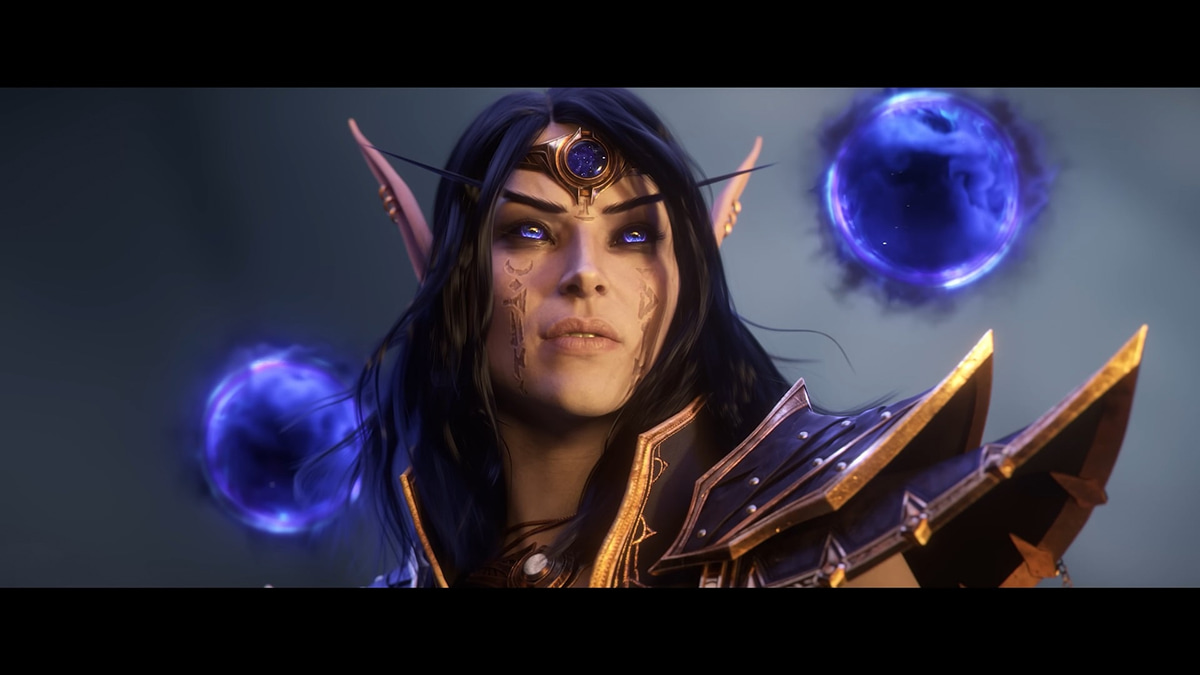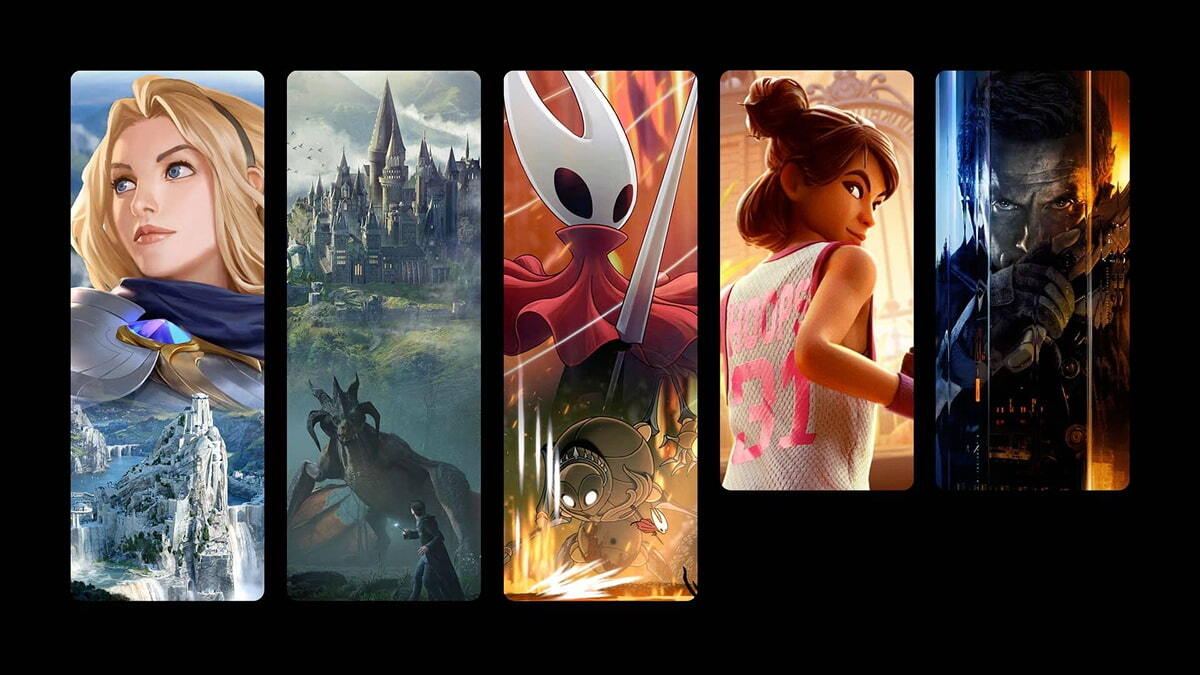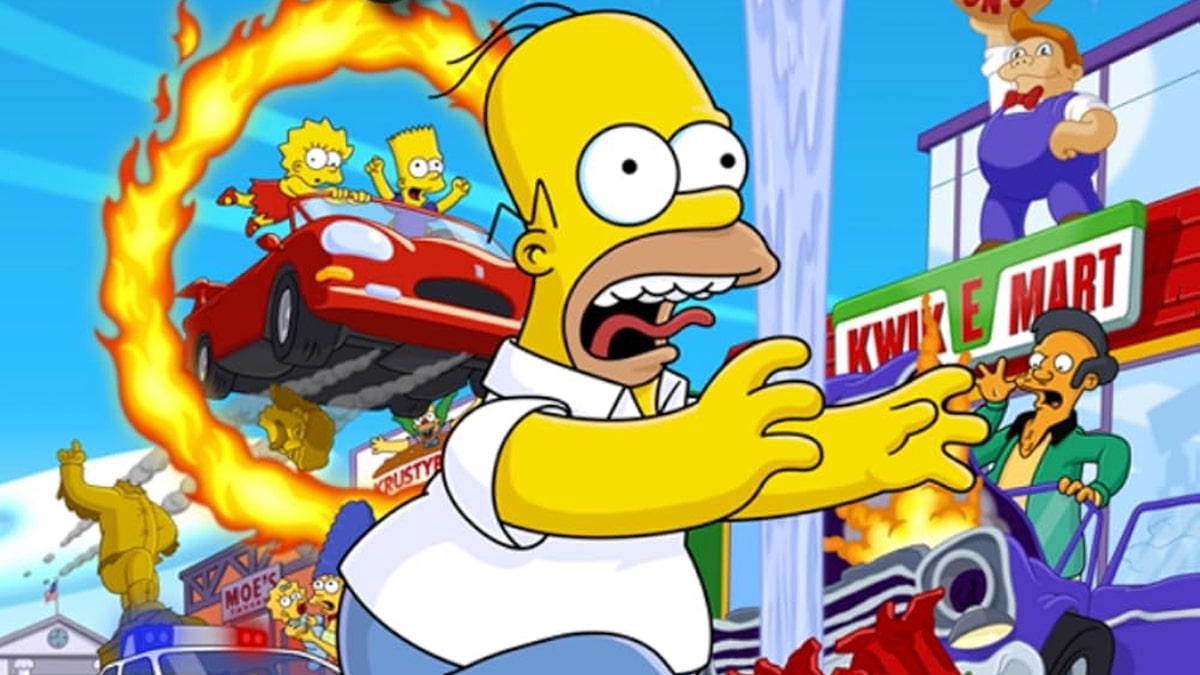You can trust VideoGamer. Our team of gaming experts spend hours testing and reviewing the latest games, to ensure you're reading the most comprehensive guide possible. Rest assured, all imagery and advice is unique and original. Check out how we test and review games here
- The cancellation of a Reconstruction Era Assassin’s Creed denies how the games that built today’s industry are all embedded with the values of their developers.
- This cancelled game could have underutilised a setting with a buried history to send a valuable message about widening the gap between the political environments of the past and today.
- The success of previous Assassin’s Creed titles hinged on confronting difficult periods of our shared past.
- Ubisoft is abrogating its artistic responsibility to the industry and to you.
- If a studio of Ubisoft’s status had released a game explicitly about fighting racial inequality, it could have opened the door for other AAA studios to follow their lead.
The cancellation of Ubisoft’s planned Assassin’s Creed game set during the US Reconstruction Era (1865-1917) indicates an alarming degree of political cowardice on the part of the world-renowned publisher. This era, defined by enduring racism and inequality despite the banning of slavery in the US, is vital for understanding the roots of modern-day racial inequality as well as what we might do to overcome it. To shy away from the period for fear of political backlash is shameful.
The prosperity of the games industry is built upon dauntless developers who are unafraid to take creative risks to express their own beliefs and histories. Great art confronts uncomfortable truths and makes us all the more well-rounded. It’s heartbreaking, then, that one of the leading AAA studios would deny us the opportunity to confront the Reconstruction Era on screen and, in doing so, to learn more about ourselves.
Follow the money
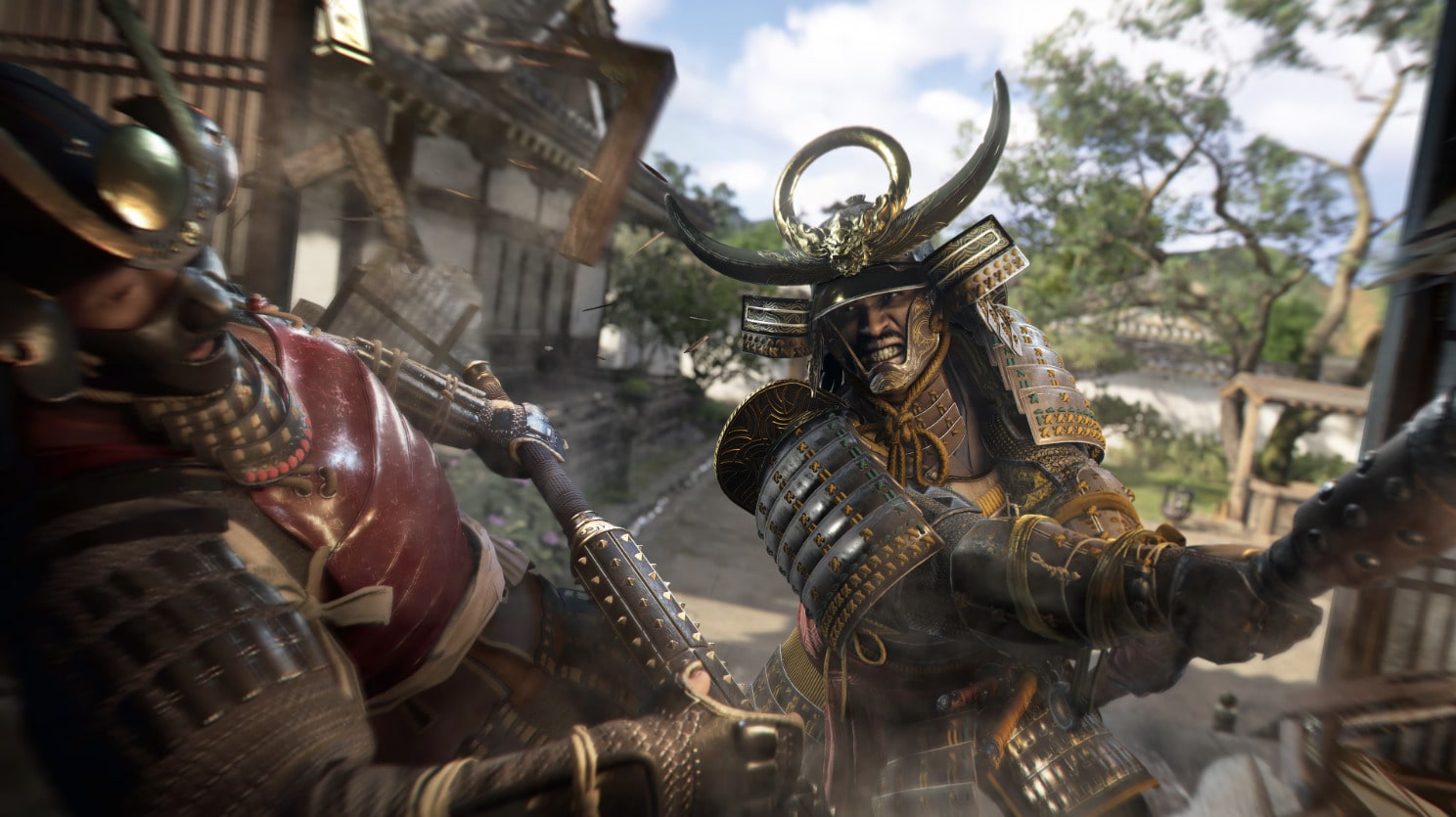
Ubisoft’s plan for a US Civil War-era Assassin’s Creed was bold and compelling, offering a powerful lens through which the horrors of slavery and the limitations of post-war emancipation could be explored.
Games journalist Stephen Totilo summarised his understanding of the project, gleaned through interviews with disaffected Ubisoft developers. “In this Reconstruction Era Assassin’s Creed, gamers would play as a Black man who had been formerly enslaved in the South and moved west to start a new life. Recruited by the series’ Assassins, he would return to the South to fight for justice” (via Gamefile).
The ratio of wealth held by white people and African Americans in the US stood at six to one in 2020 (via National Bureau of Economic Research). This is as wide a gap as was present during the Reconstruction Era. Wealth inequality on this scale stands as a staggering injustice and is indicative of wider social inequality. By refusing to directly confront these issues for fear of offending the wrong people, Ubisoft’s decision-makers have demonstrated a profound lack of artistic integrity.
According to one anonymous developer, the project “came to be viewed by management as too politically sensitive”.
“The game was meant to show how racial tensions can be manipulated as a means to control a society,” said another. It’s ironic, then, that Ubisoft has been manipulated by these means of control into cancelling the title.
Video games, like any form of art, are catalysts for political discourse that drive social change. By refusing to create anything that challenges the worldviews of its largest income stream, Ubisoft is turning a blind eye to the ongoing economic oppression of ethnic minorities in the US. More disturbingly, it encourages other studios to follow suit.
Leap of faith
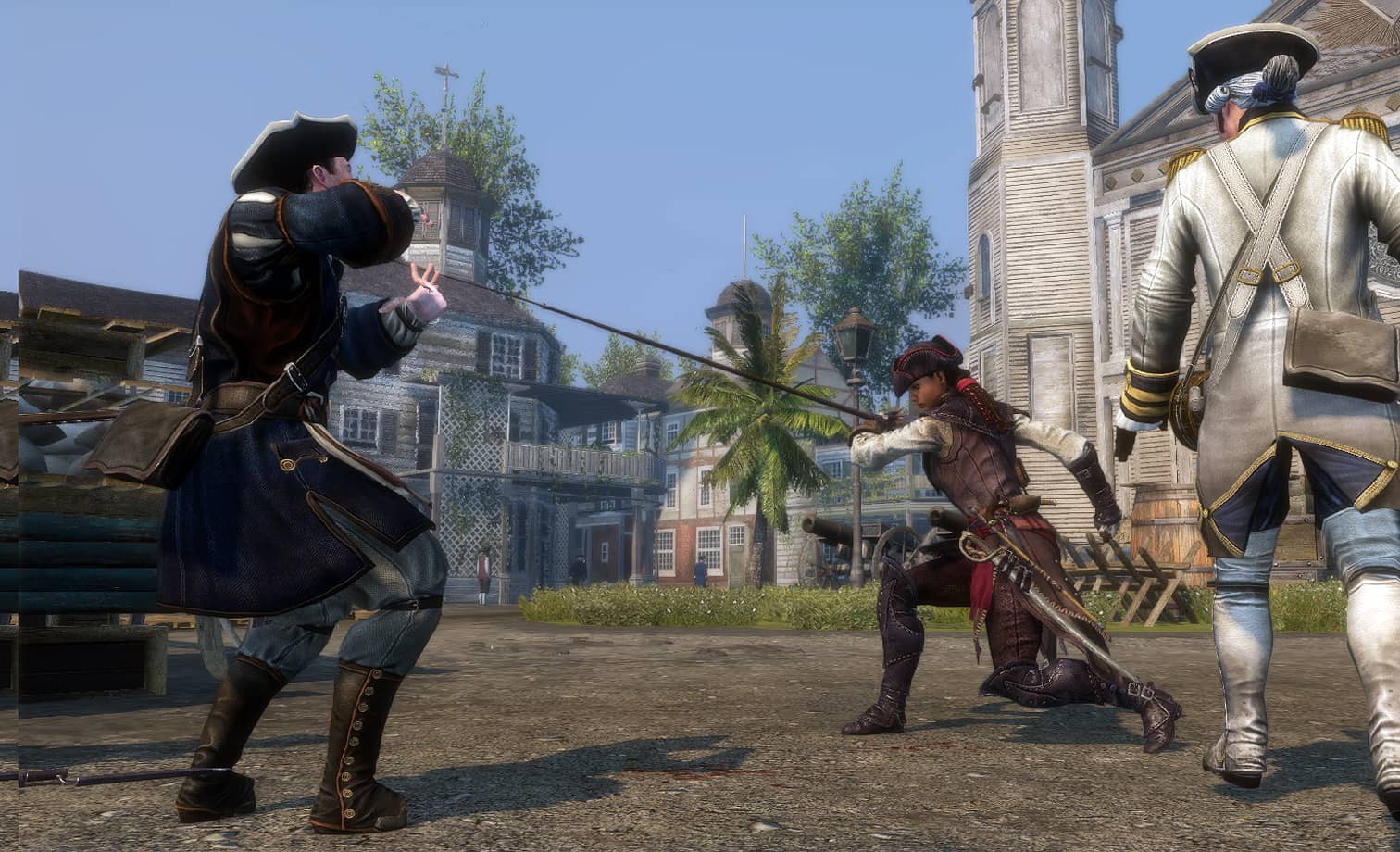
The original Assassin’s Creed took place in the backdrop of the Crusades, placing tensions between Christians and Muslims at the forefront of its narrative. Released in 2007, Assassin’s Creed made its debut amid high-profile wars prosecuted by Western powers in Iraq and Afghanistan. This was a bold choice and set the precedent that would lead to Assassin’s Creed 3 and Liberation.
Assassin’s Creed 3 Liberation boldly used protagonist Aveline’s mission to free the slaves of New Orleans to directly address the institution of slavery as it was perpetrated by the British and French. Similarly, the original Assassin’s Creed 3 had us play as a half-native-American, half-British protagonist who fights to avenge the death of his mother and to safeguard his culture in the face of imperialist oppression.
These games offered a cathartic way to fight back against the oppressors of the past and, in doing so, an opportunity to galvanise ourselves in our pursuit of equality in the modern day.
In light of this, Ubisoft’s turn away from politically-charged topics is at odds with the company’s track record, and is likely a result of bellicose rhetoric from the Trump administration and hard-right political actors in the US.
These factions have attempted to shift the goalposts of acceptability through discriminatory policies, hard-right rhetoric, and the demonisation of their enemies. This has not only affected discourse surrounding racial inequality, but also the rights of LGBTQ people as well (via Cambridge University Press).
Erasing History
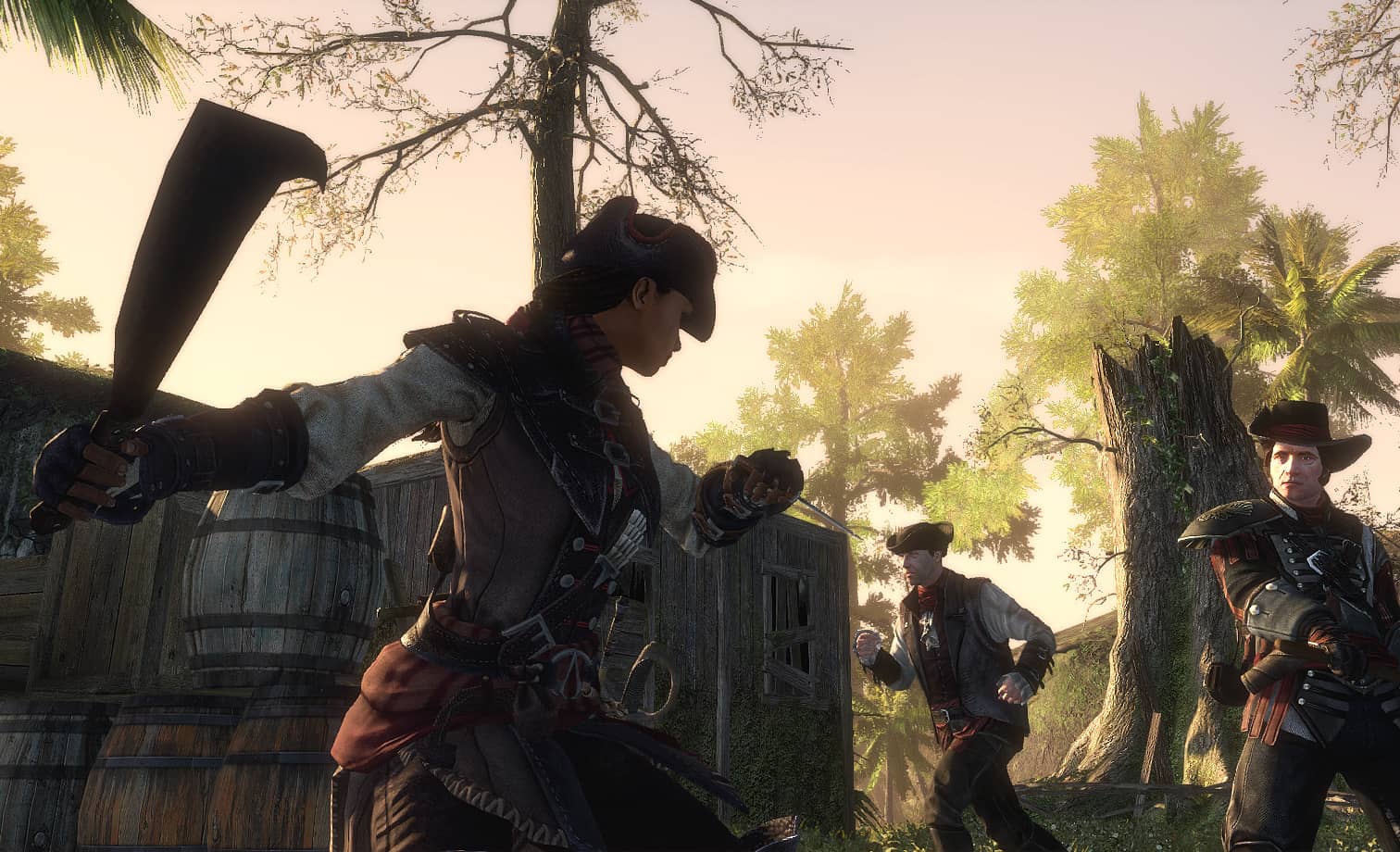
Holding up a mirror to the financial disparities and deportation faced by ethnic minorities in America today was, it would seem, too great a risk for a financially struggling Ubisoft. Ubisoft’s total share value has decreased from $8.12 billion (£6.04 billion) to $1.24 billion (£0.92 billion) over the past five years (via Statistica).
Ubisoft’s search to reverse its financial trajectory has taken the company in the wrong direction. A reversal of fortune here cannot come from shying away from the political moment. That way lies further obscurity. Games that have nothing to say tend not to make an impact. For Ubisoft, the price of cowardice will be continual failure. Nobody wins here.
Seeing one of the biggest developers out there create a controversial title unafraid to confront the pressing socio-political issue of racial inequality might have inspired other larger studios to do the same. Ubisoft has shirked its responsibility; it is down to these studios to be brave enough not to follow in their footsteps.
FAQs
Ubisoft is a French company, founded in Brittany, France. However, it has expanded to have development studios worldwide, with one in the UK.
Ubisoft is facing significant financial challenges, with its share value declining from $8.12 billion (£6.04 billion) to $1.24 billion (£0.92 billion) over the past five years (via Statistica).
Some of Ubisoft’s biggest titles, such as Assassin’s Creed Shadows, have underperformed expectations and left the company struggling to recover financially.
As of March 2025, Ubisoft is $ 2.166 billion (£1.61 billion) in debt (via finbox).
References
- Scoop: Ubisoft cancelled a post-Civil War Assassin’s Creed last year (Game File)
- Wealth of Two Nations: The U.S. Racial Wealth Gap, 1860-2020 (National Bureau of Economic Research)
- Manifesting a Shift in the “Overton Window”: The Threat of Project 2025 on the LGBTQ+ Community in Higher Education (Cambridge University Press)
- Market capitalization of the largest gaming companies worldwide as of June 2025 (Statista)
- Total Debt for Ubisoft Entertainment (Finbox)
